Dislike
Starring: John Gilbert, Renee Adoree, Conrad Nagel, Eleanor Boardman, Claire McDowell, Nigel De Brulier, Tully Marshall, Mack Swain, Erville Alderson, George Spelvin, Sidney Bracey, Richard Alexander, Charles Quatermaine, Agostino Borgato, Stanley Blystone, Geraldine Dvorak, Lena Malena, and Kit Wain
Directed by: Fred Niblo and Lionel Barrymore
Released by: Metro Goldwyn Mayer
Runtime: 65 minutes
Release date: May 2, 1930
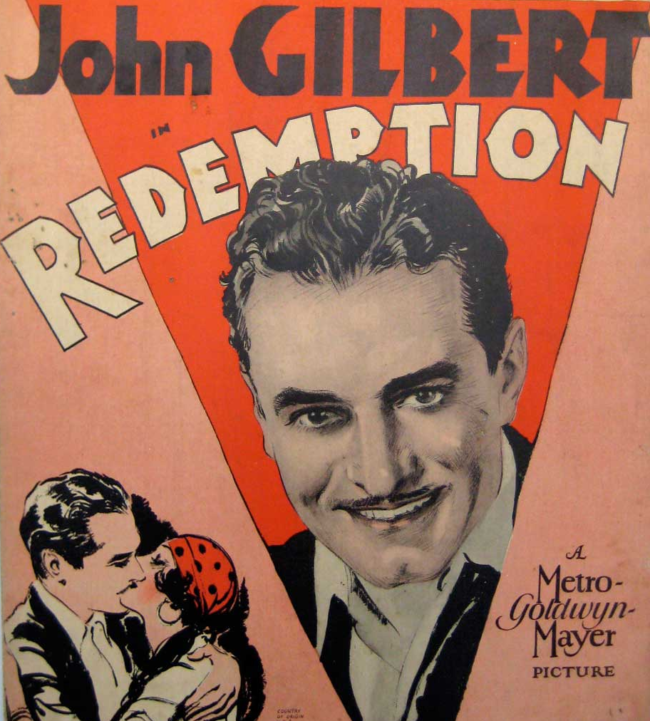
Proof That It’s Pre-Code
- Bigamy! Oopsie!
- We are not saying nice things about the Romani people this week. Being a movie from nine decades ago, they are only referred to as the slur ‘gypsies’. There is also a scene where a set of parents gleefully prostitute out their daughter for some cold hard cash.
Redemption: Once At All With Feeling
“You know, you always had the knack for saying the right thing.”
“And doing the wrong thing, eh?”
A man lies on the steps of the courthouse, blood snaking down across his hand that covers a fresh, self-inflicted gun wound. He looks at the woman he loves, he dreams of, and he looks at her husband– due to some hijinks, her other husband if we’re being technical about it. The man whose life is eking out almost winks and then looks to his wife and cries out the name of another woman, freeing his wife spiritually as he makes his way out of this world. Fade to black.
There. That death scene is the best part of Redemption, another one of these selfless sacrifice melodramas where the prerequisite big scene can’t come soon enough.
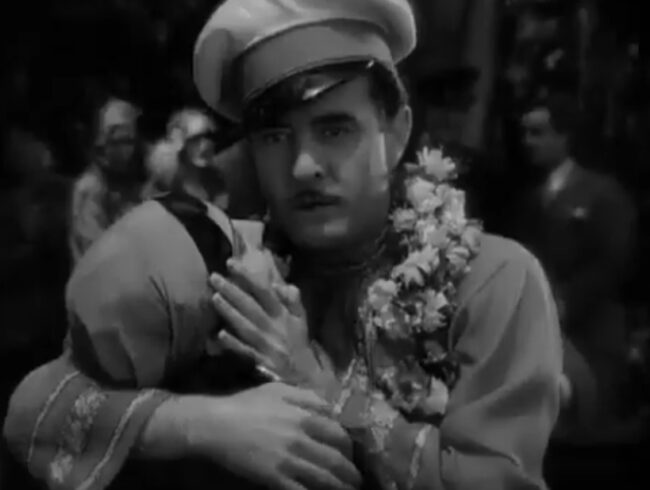
Barely mustering a full hour of runtime, Redemption asks us to consider the many ways that the human spirit demands we throw ourselves under the bus for love. John Gilbert plays Fedya, a wealthy playboy of Russian nobility whose best friend describes him as, “a charming, good-natured maniac”. His willingness to consort with the lively camp of ‘gypsies’ on Moscow’s outskirts captures the attention of milquetoast Lisa (Eleanor Boardman). The two fall madly in love, much to the chagrin of the her fiance, Victor (the often cuckolded Conrad Nagel).
Fedya and Lisa marry, have a child, and soon Fedya has gambled away their money and savings. Victor plays intermediary between the couple, as he loves both of them even if his heart is broken— dammit, he is Conrad Nagel. Fedya decides to opt for faking his own death rather than go through a messy divorce. Unfortunately, after Lisa remarries Victor, Fedya’s loose lips sink his charade and he’s back to his current wife and her current husband. The film then lets Gilbert rail against the government and ‘morality police’ who have, somehow, led him to this ruinous point.
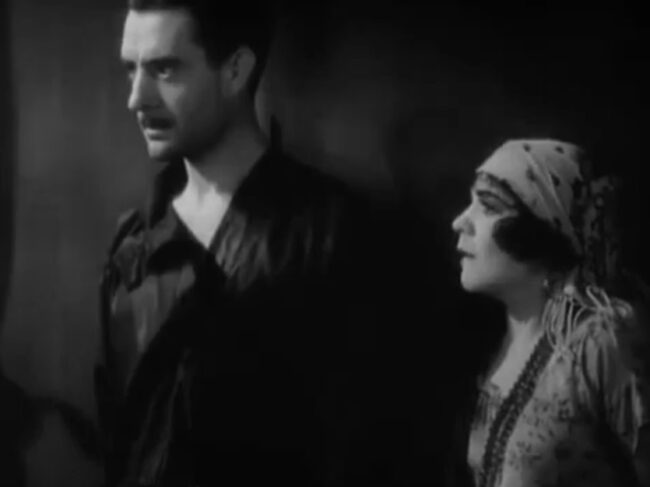
Fedya’s inability not to be a drama queen about his poor fortunes lead to misery as the accumulated end result. Renee Adoree, the silent film actress who thrilled alongside Gilbert in The Big Parade, plays the Romani girl Masha who yearns for him. Her role as the devoted but unloved girl is… not great. Don’t get me wrong, Adoree is the only person in the whole film who seems to have a pulse, but putting an actress of her magnitude into both a literal and metaphorically thankless role makes the film even more of a soft thud.
One can see the idea in pairing her up with Gilbert as one of the many, many ways the film tries to fluff Gilbert’s fortunes, including how much of the film derives from some of his other roles like The Cossacks and Love. Filmed as John Gilbert’s first talkie in 1929, Redemption went through a lot to get from filming to screen as MGM attempted– according to your point of view of its machinations– to save Gilbert’s career from a disastrous transition to sound.
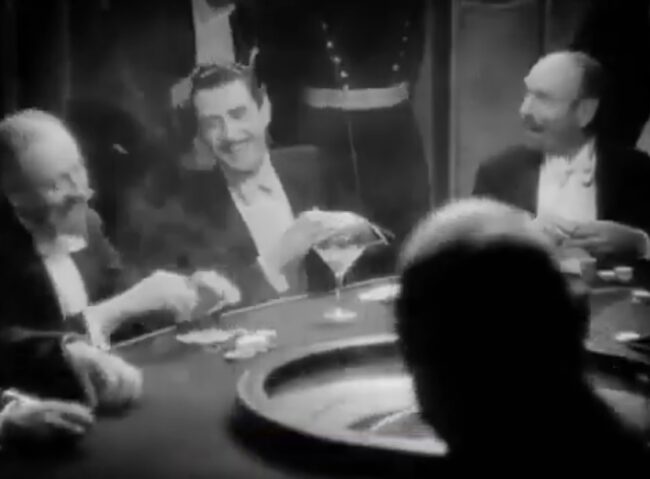
Those sick of me complaining about bad music in these 1930 releases will at least be thrilled to hear my complaints about the hackneyed dialogue here. All of it sounds like it came directly off an intertitle card. “We cannot go on as we have been doing!” “I know, I know.” The film is flowery to a fault. It’s not hard to dislike Gilbert’s character; his main flaw here isn’t his gambling or drinking but the fact that he simply won’t shut the hell up.
Gilbert says the words but there’s nothing to it. Where he could smolder with looks and intensity with an orchestra behind him in the silents, his mouth now betrays him. It’s not that his voice is tinny or embarrassing, it’s simply ordinary. Gilbert’s own transition from silence to sound pictures reveals the fascinating mysticism between these two eras of film. Don’t get me wrong– I prefer the talkies. But it’s worth remembering they’re not different genres, but almost entirely different mediums, with their own languages, ideas, and structures.
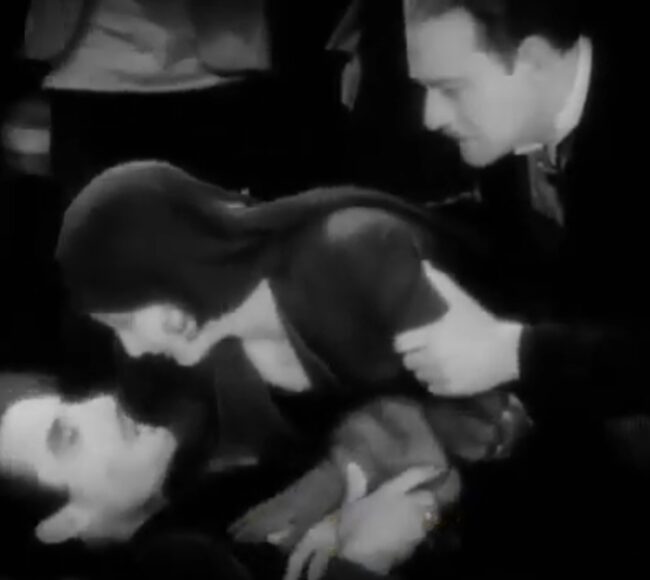
Gilbert was simply a man whose time had suddenly, violently passed. It’s fascinating in retrospect, because in retrospect we know that he will be destitute and dead less than a decade after stepping onto Fred Niblo’s sunny outdoor set in 1929, once again dressed in Russian gear, a silent screen God ready to conquer a new world.
If Redemption is to be seen, double feature it with one of John Gilbert’s great silents– my favorite is The Flesh and the Devil. But watch this one second. You’ll get the reason why pretty quick.
More Images
Trivia, Miscellany & Links
- Redemption was based on a 1918 Broadway hit that had originally starred John Barrymore. The story for the play was taken from a Leo Tolstoy’s posthumously published play called The Living Corpse.
- Helen Ludlam of Screenland visited the set of the film, still clearly in awe of Gilbert and talking excitedly about his recent marriage to Ina Claire. Read the story here and here.
- One side note in that article above. It mentions that Fred Niblo’s press assistant on this picture was Virginia Kellogg, and Ms. Ludlam even calls her ‘efficient and conscientious’ at age 21. If Kellogg’s name rings a bell, it’s because she would go on to be involved writing or crafting stories on classic film noirs like White Heat and Caged, as well as the pre-Code Mary Stevens, M.D.. Read more about her work at Crime Reads.
- If asked to submit the polar opposite of what my opinion on this film was, I think this advance blurb from Motion Picture News would have me covered.
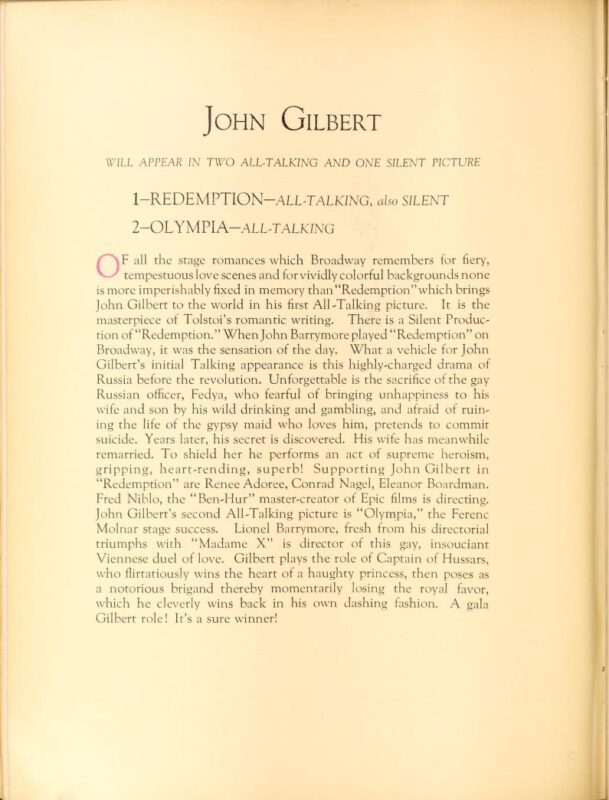
- This made me groan. And it seems horribly prescient.
- About the film itself, I would be remiss if I didn’t mention the absolutely insane comic moment from bit player Sidney Bracey. He plays a waiter who stumbles upon Fedya sitting in a cafe with a pistol, contemplating suicide. The waiter then talks about how much happier he would be dead and keeps joking about it, putting the pistol to his forehead before letting out a sigh. I don’t know, man, I’m beginning to think this is just how Russian restaurants work.
- Redemption was John Gilbert’s first filmed talkie, but not his first released. That dubious honor goes to 1929’s His Glorious Night, the movie that initiated John Gilbert’s catastrophic fall from Hollywood godhood.
- Why was His Glorious Night released first? This question is irrelevant if you’ve seen Redemption. But keep in mind that MGM shelved an expensive production featuring one of its biggest (and most expensive stars) for over a year and a half. They even, supposedly, reshot some of the movie with Lionel Barrymore taking over as director for Fred Niblo, hoping to wring something more out of the material.
- Sound films evolved over this long period, so much so that the plans had been originally to release this film as both a Talkie and a silent version– not an uncommon idea in 28/29 when this was still financially feasible. By the time Redemption was released, though, this plan was more trouble than it was worth.
- Mordaunt Hall in The New York Times gives this one no kindness or consideration, noting, “It is a picture wherein the characters are seldom real, and added to this coincidences occur in a surprising fashion. […] There will be but few persons who see this picture that regret Fedya’s finally taking his own life. Possibly many will breathe a sigh of relief that the halting and artificial account of Tolstoy’s work has come to an end.”
- Some contemporary reviews. I know a number of these sound almost upbeat, but for fan magazines, especially ones primed on John Gilbert as a megastar, some of the asides in these are downright cutting.
- Finishing this up with Variety‘s absolutely brutal, unkind review. Where many of the above struggled to find something kind to say about Redemption, it’s the scorched earth approach here.

- Other links:
More to Explore
What is Pre-Code?
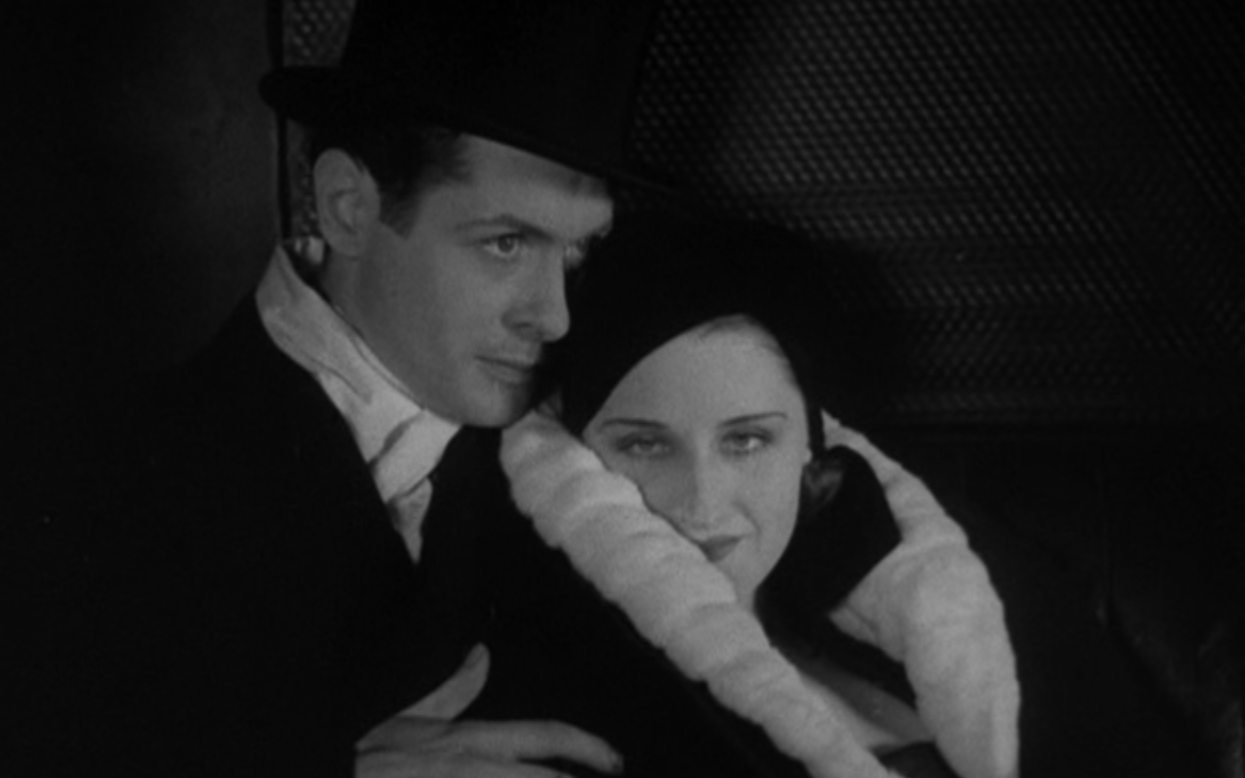
Click to learn more about pre-Code Hollywood, 1930-4, when movies were sexy, smart and sophisticated.
Index of Film Reviews
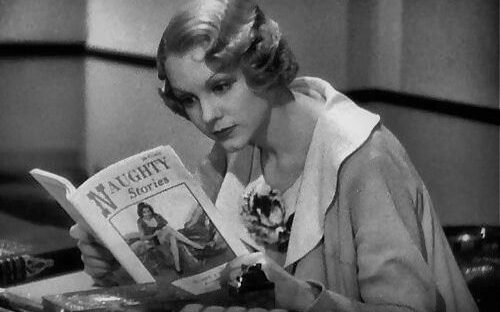
Browse all of the movie reviews on the site as well as schedules and pages that detail the world of pre-Code.
Explore the Pre-Code Era
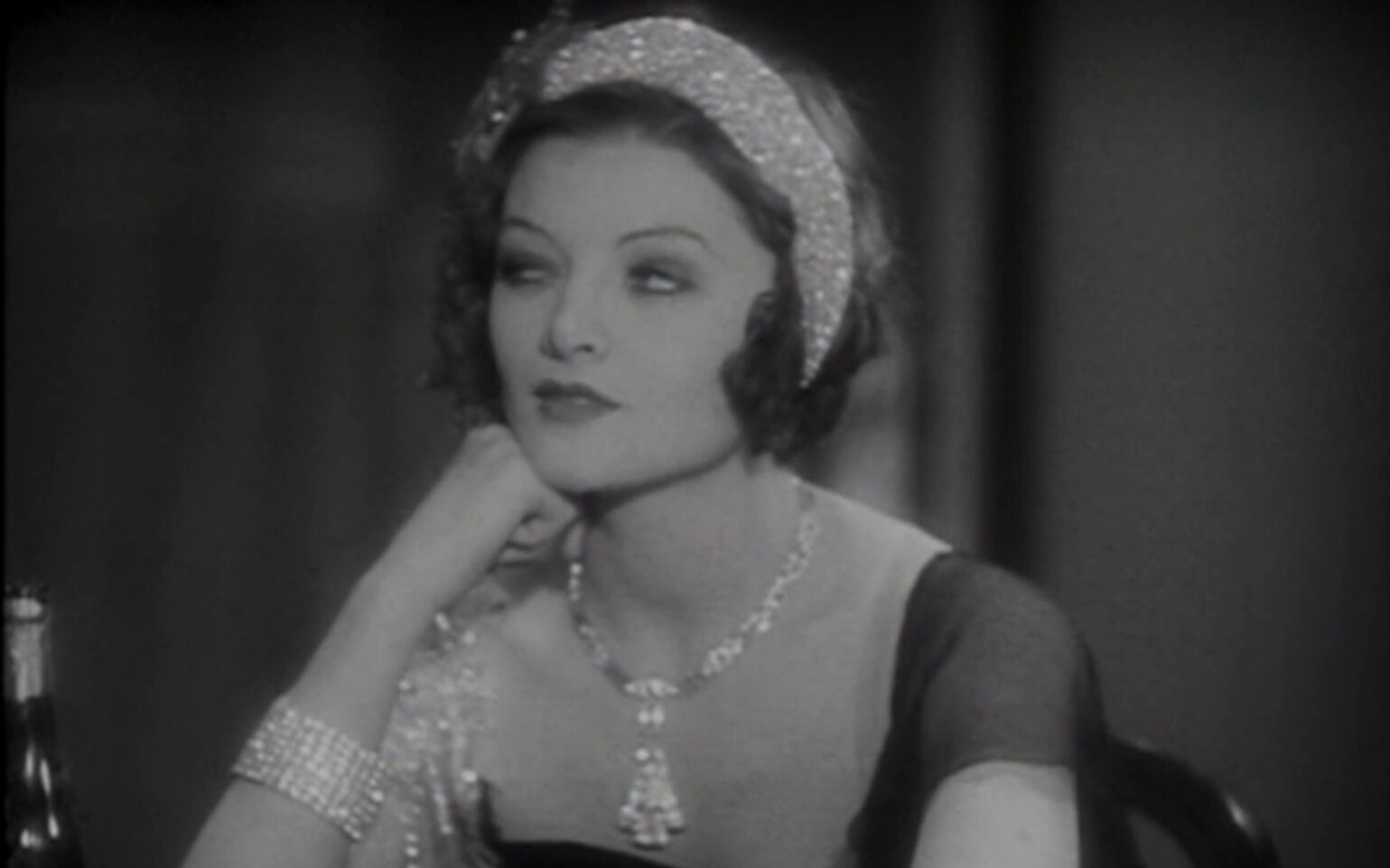
Dig through the pre-Code era through its highlights, its biggest hits, its essential films, and more.
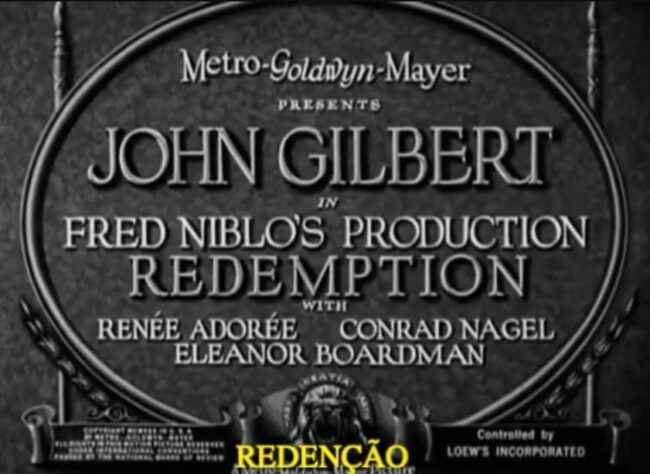
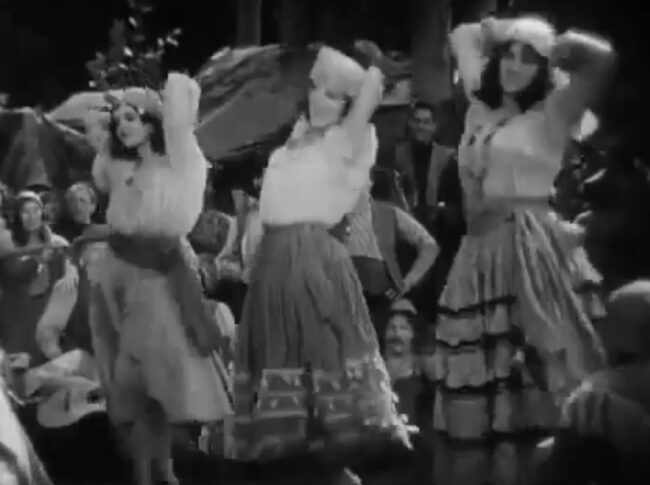
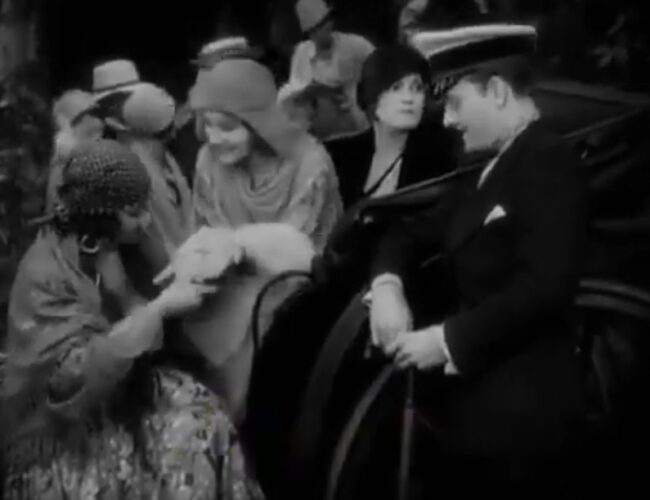
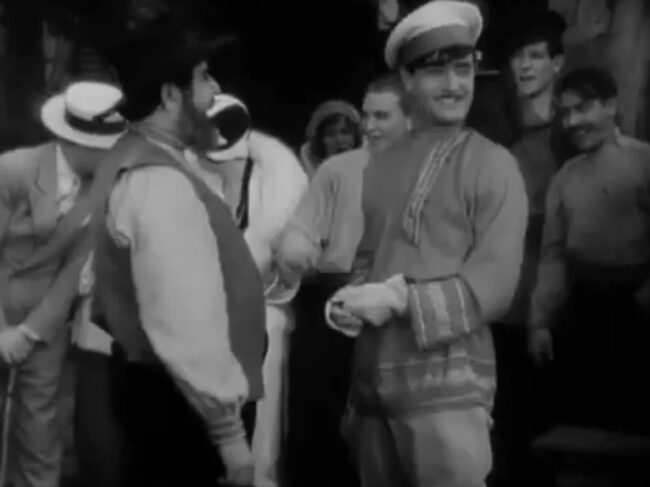
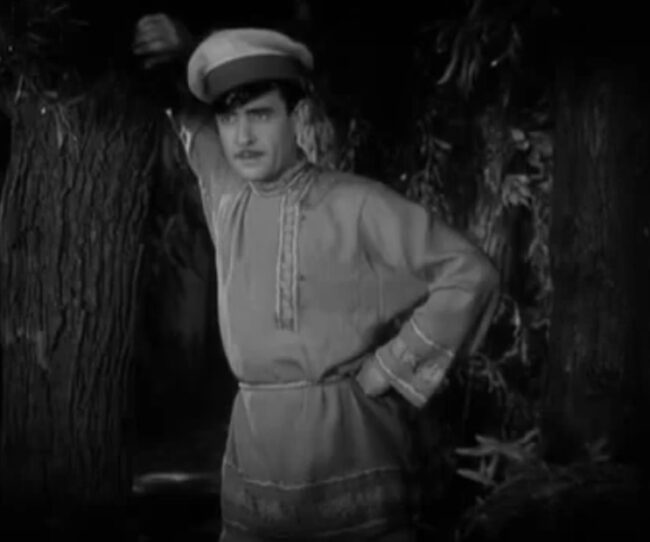
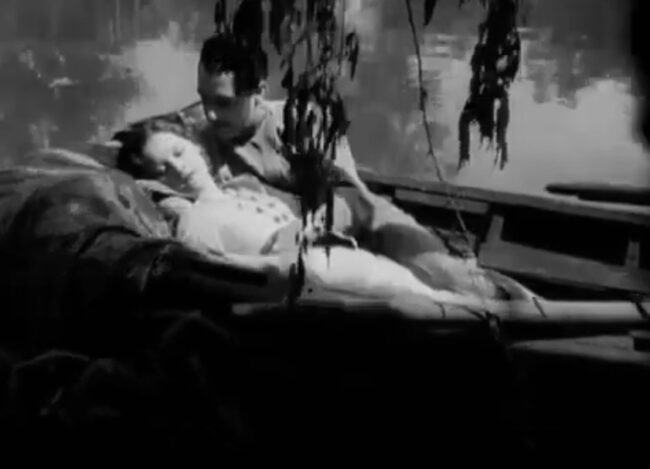
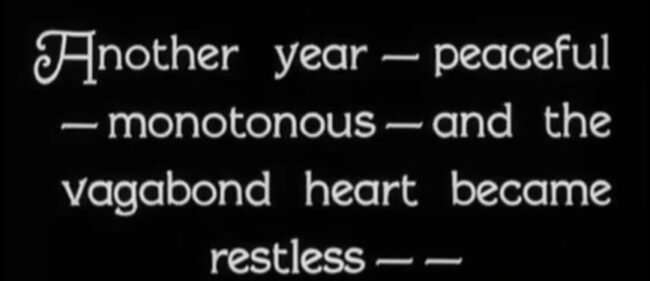
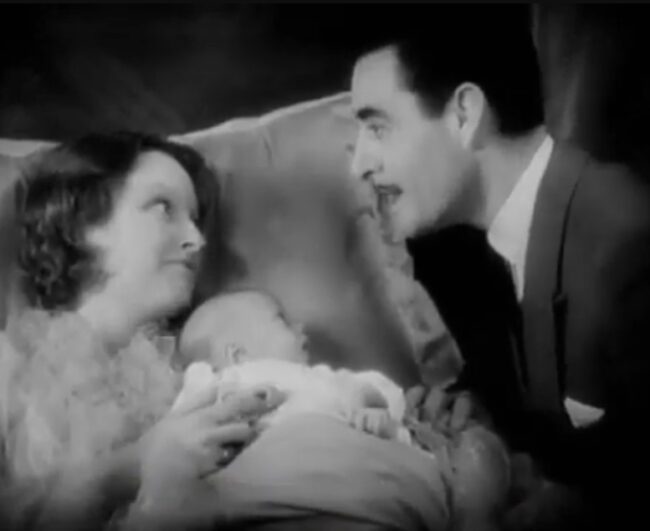
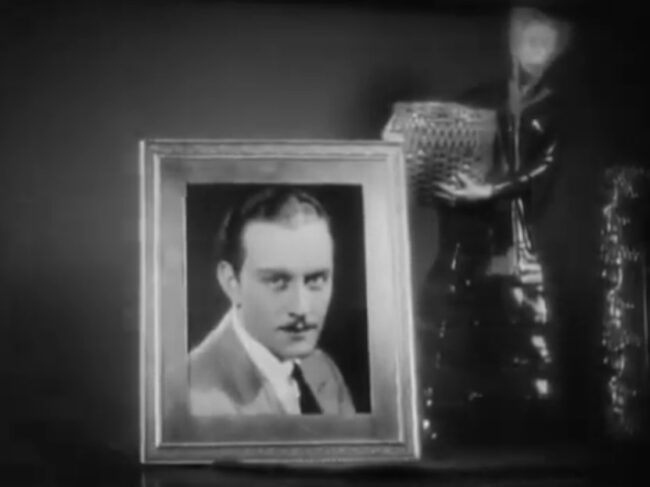
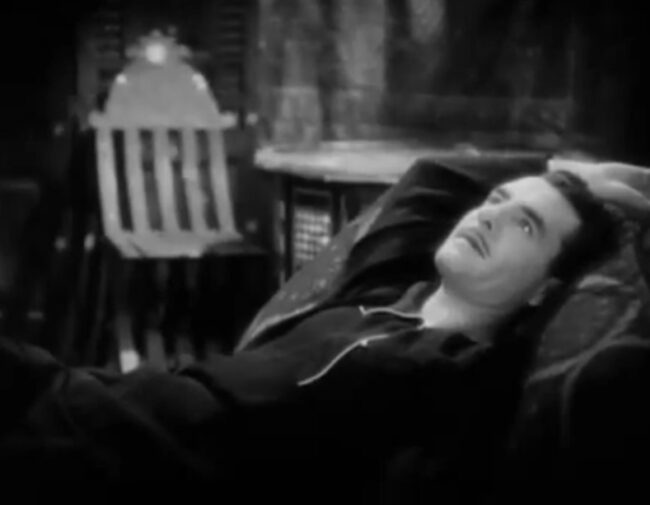
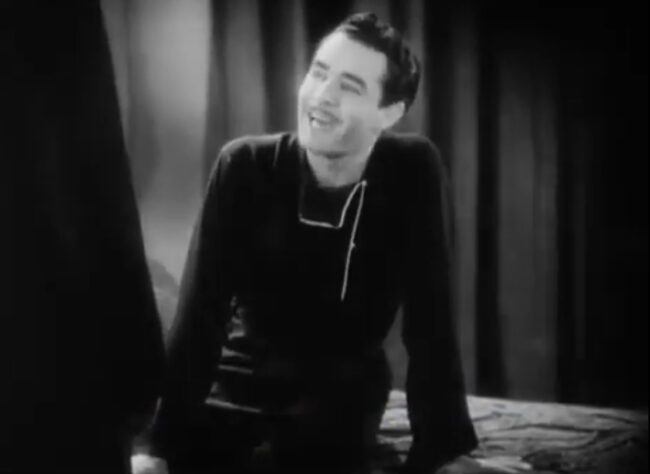
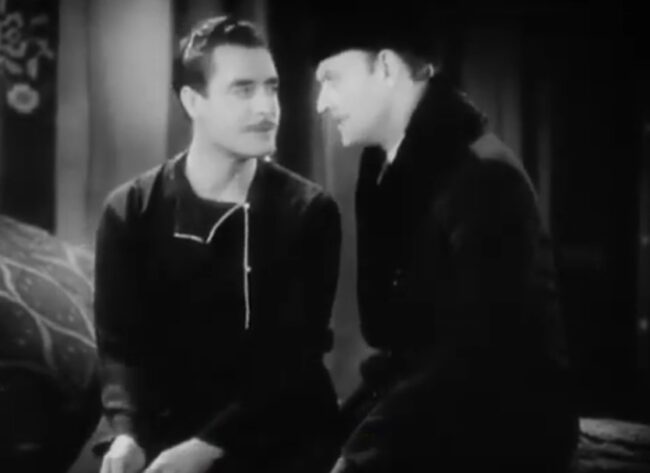
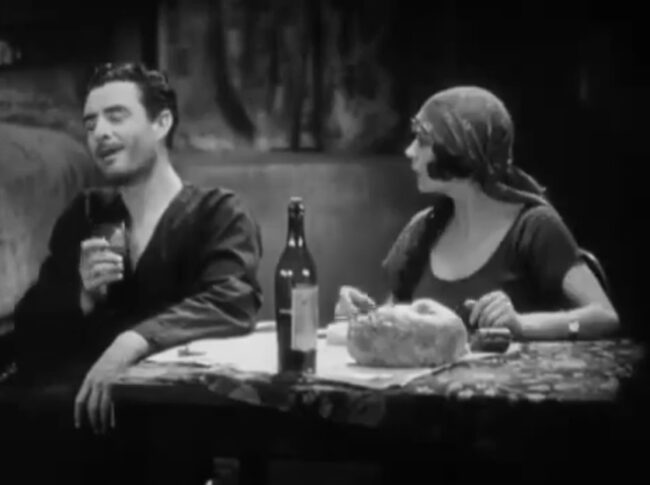
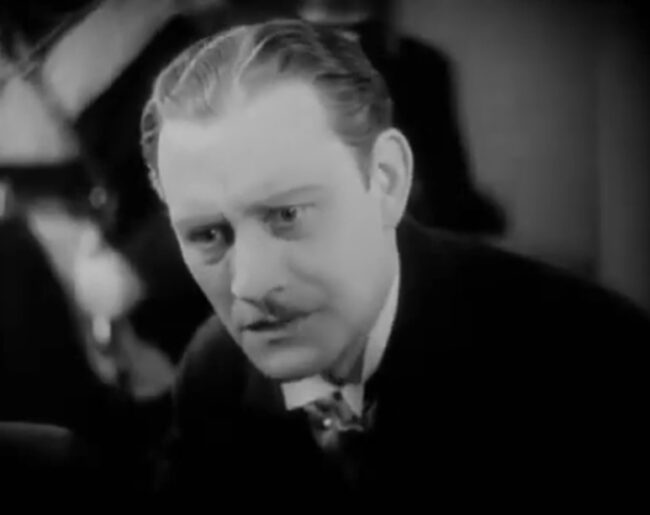
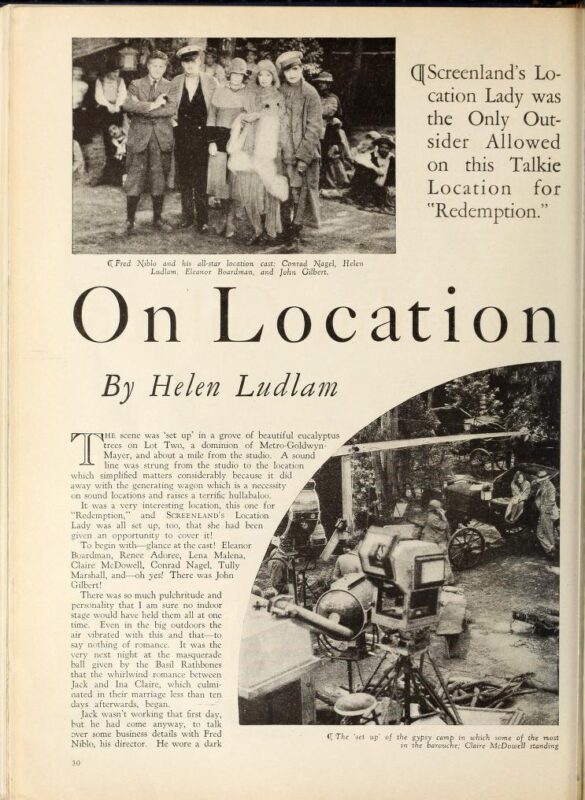
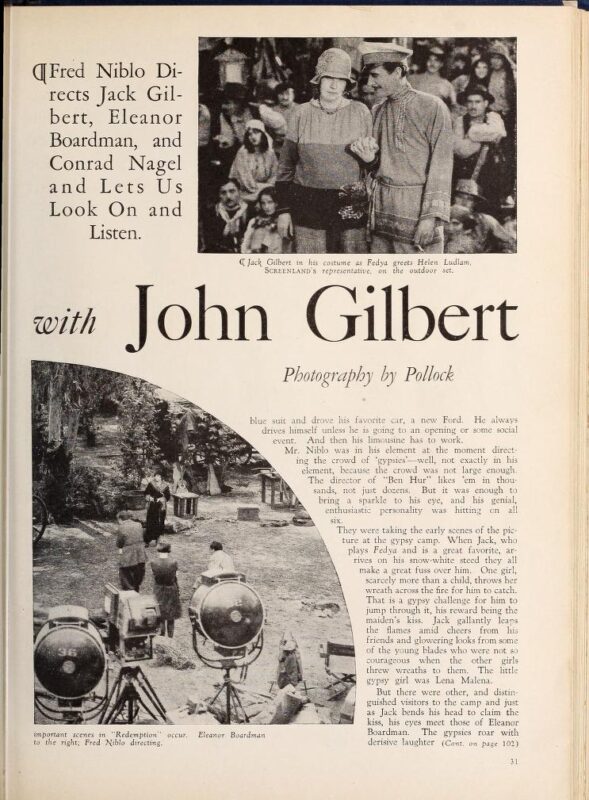
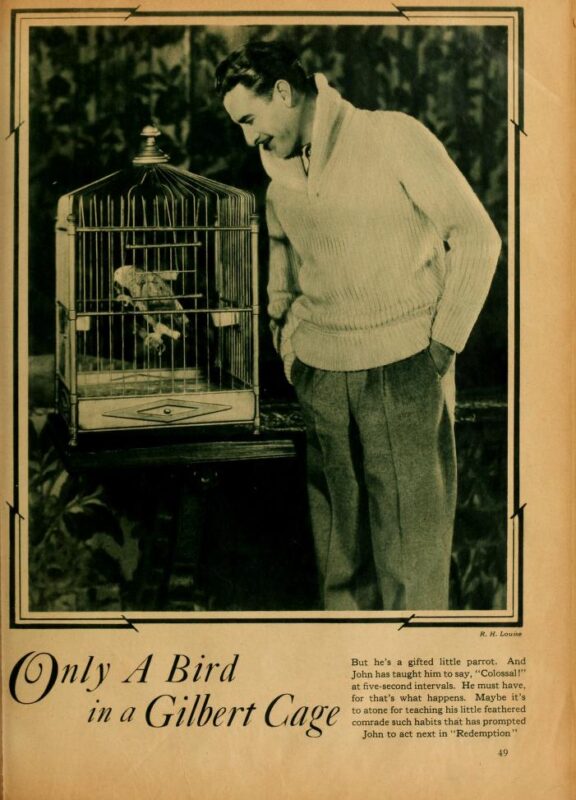
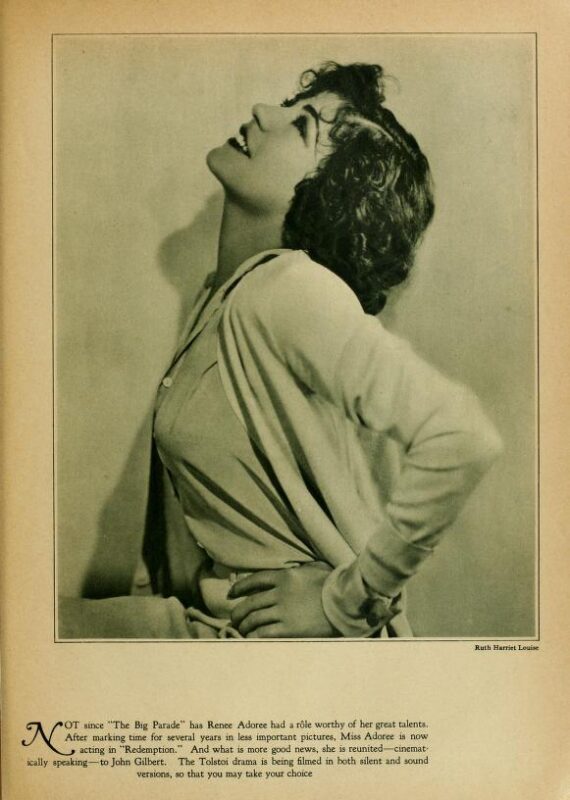
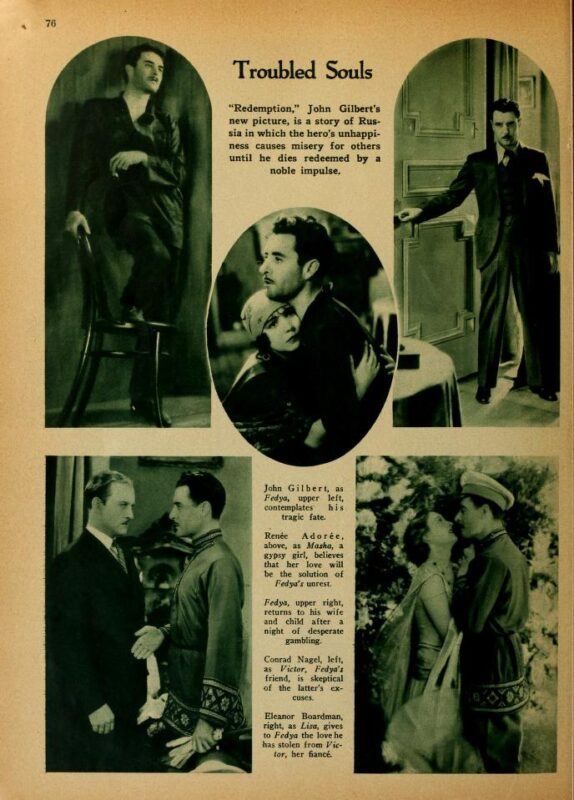
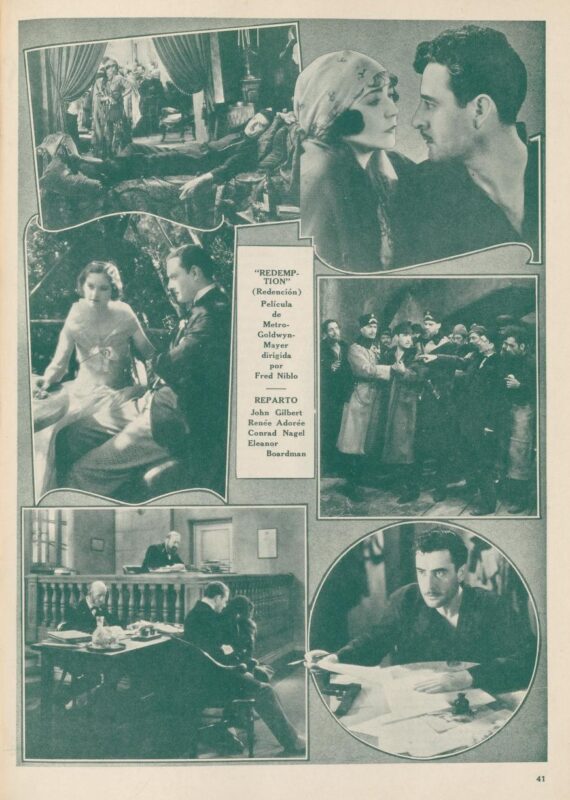
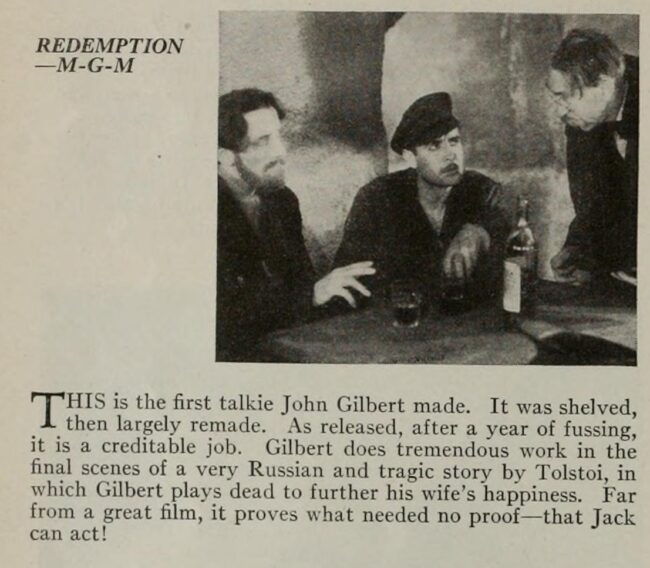
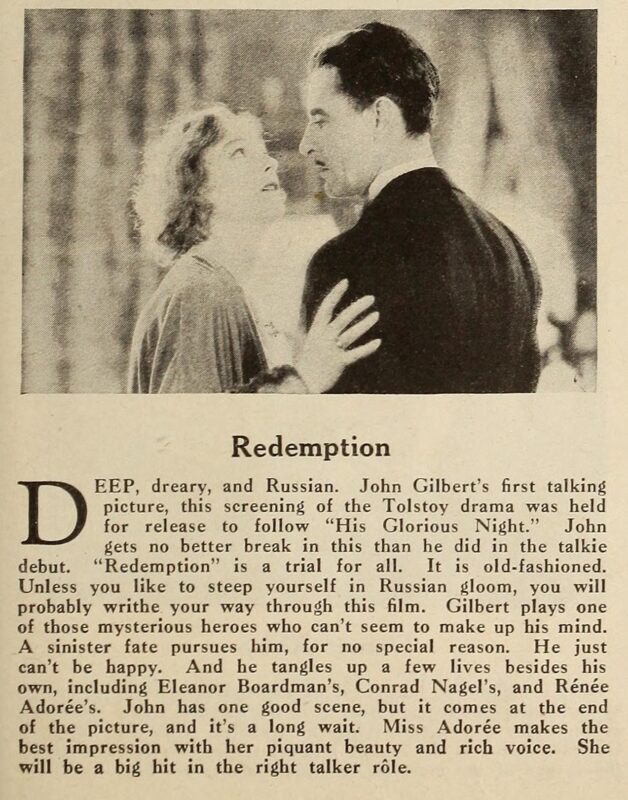

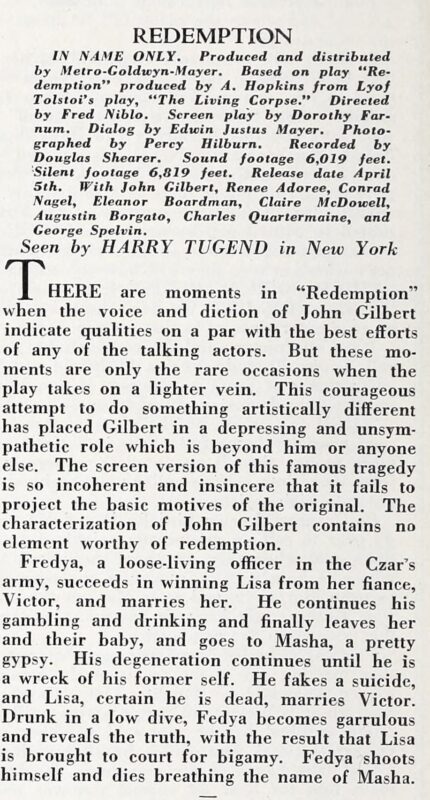



3 Comments
Dave Sikula · December 3, 2022 at 4:32 pm
My own memorable experiences with Russian restaurants were in Petersburg. In one, Mafioso extorted me for $2.00 (2000 rubles in those days) before I was allowed to go upstairs at a Chinese restaurant. The other was at a small bistro where I had trouble reading the handwritten menu, so as I pointed to each dish, the chef/owner made the appropriate animal noises. Both places had excellent food, despite the lack of gunplay.
Kia · December 4, 2022 at 9:35 am
I was waiting for someone to mention shoddy editing in this…and Variety finally does it. There’s a scene in Redemption where literally the actors are waiting for the director to say action and during the silence you can hear sneezing and coughing coming from stage hands!
Vidor · December 17, 2022 at 12:29 pm
You should watch some of Gilbert’s later films. “Downstairs” is terrific. It shows that he fully mastered the art of acting in talkies, but it was too late.
Comments are closed.